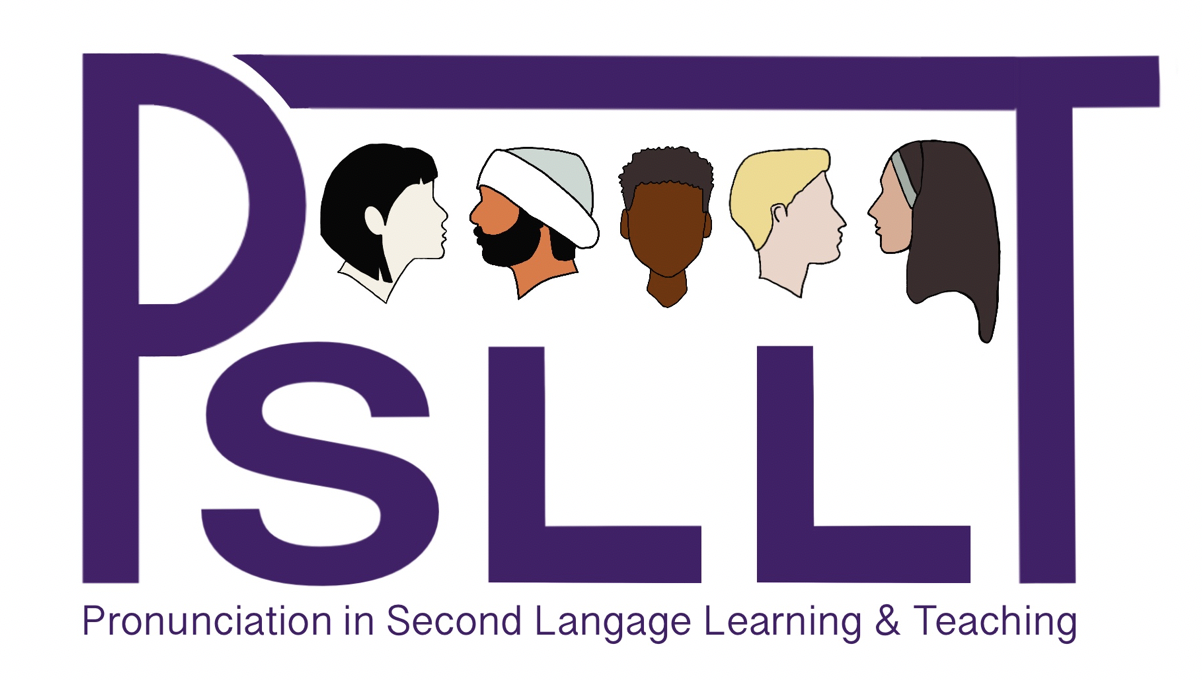Reverse Linguistic Stereotyping in On-Line Processing: Word Recognition of Minimal Pitch-Accent Pairs in Tokyo Japanese
Abstract
The study investigates the effect of reverse linguistic stereotyping on on-line spoken word recognition in Tokyo Japanese. Pictures of minimal pitch accent pairs (e.g., /kaki/H*L‘oyster’ and /kaki/LH ‘persimmon’) were placed at the corner of the screen in addition to two distractors (Visual World Paradigm). The belief about the talker’s ethnicity was manipulated via a talker image in the center of the screen. Native listeners of Japanese (n = 36) were assigned to either Japanese-looking condition or non-Japanese-looking condition.Talkers included two native talkers and two non-native talkers of Japanese for filler trials and one bilingual talker for critical trials. The results showed no effect of face image. The findings contrast with previous works which exclusively employed off-line tasks. This suggests that reverse linguistic stereotyping may not influence on-line word recognition, but rather later stages of language comprehension.
How to Cite: Nishizawa, H. (2022). Reverse linguistic stereotyping in online processing: word recognition of minimal pitch-accent pairs in Tokyo Japanese. In J. Levis & A. Guskaroska (eds.), Proceedings of the 12th Pronunciation in Second Language Learning and Teaching Conference, held June 2021 virtually at Brock University, St. Catharines, ON. https://doi.org/10.31274/psllt.13349
Downloads:
Download PDF
View PDF
